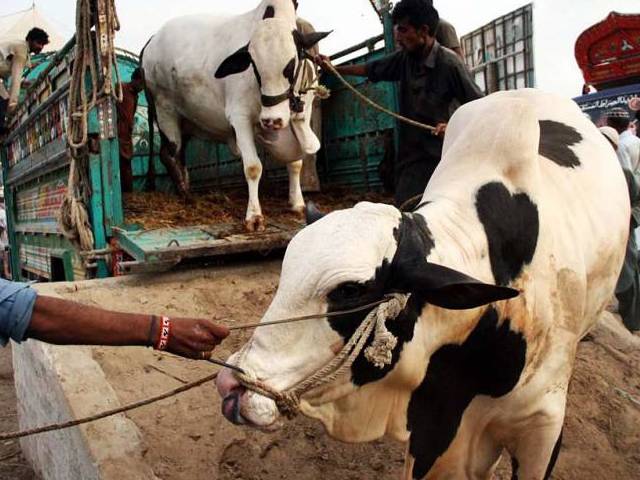Crimean-Congo Hemorrhagic Fever has a fatality rate ranging from 10% to 40%, according to the World Health Organization (WHO).
Congo Virus Case Confirmed in Balochistan Amid Global Mpox Alert
Balochistan, Pakistan:
On Friday, health authorities in Balochistan confirmed a new case of Crimean-Congo Hemorrhagic Fever (CCHF), commonly known as the Congo virus. This announcement comes as the country remains on high alert due to the ongoing global mpox outbreak, highlighting the dual challenges faced by local healthcare systems.
Details of the Congo Virus Case
The confirmed case involves a 14-year-old boy, Siraj Ahmed, from Khanozai, a town situated 77 kilometers from Quetta. According to a senior doctor at Quetta’s Fatima Jinnah Chest Hospital, the patient has tested positive for the Congo virus and is currently receiving treatment in the hospital’s dedicated Congo isolation ward. Dr. Zubair Mandokhail, the deputy medical superintendent at the hospital, reported that another suspected case is under observation, with confirmation still pending.
Fatality and Transmission
Crimean-Congo Hemorrhagic Fever is a severe viral illness with a fatality rate that varies between 10% and 40%, depending on several factors including the timeliness of treatment, quality of healthcare, and the overall health condition of the patient. The World Health Organization (WHO) notes that this means out of every 100 people infected with the virus, between 10 and 40 could potentially die if not treated promptly.
CCHF is primarily transmitted through tick bites or contact with the blood or tissues of infected animals. The virus is endemic in several regions, including parts of Africa, Europe, and Asia. This disease poses significant public health challenges due to its high fatality rate and the potential for widespread outbreaks, particularly in regions where tick-borne illnesses are common.

Current Situation and Impact
Balochistan has seen a troubling rise in cases this year, with 23 confirmed cases of Congo fever reported since January. Tragically, these cases have resulted in five deaths. The region typically experiences a spike in Congo fever cases during the summer months, especially around Eid Al-Adha, an Islamic festival known for the large-scale slaughtering of animals.
Dr. Ali Ahmed Reki, the medical superintendent at Fatima Jinnah Chest Hospital, highlighted that the incidence of Congo fever tends to increase significantly around Eid Al-Adha. During this period, there is a notable influx of Afghan patients seeking medical care in Quetta due to the proximity of the cattle markets where animals are purchased for sacrifice. This seasonal surge puts additional strain on local healthcare facilities, which are already working under challenging conditions.
Dr. Reki noted that the hospital has handled nearly 45 suspected cases of Congo virus this year, with 23 confirmed as positive. The increase in patient numbers around the festival period reflects the broader public health concern related to the handling and slaughtering of animals, which can exacerbate the spread of the virus.
Healthcare Response and Challenges
The response to Congo virus cases in Balochistan involves rigorous isolation measures and treatment protocols to manage and contain the disease. Health authorities are working to ensure that patients receive timely and appropriate care while monitoring for new cases and potential outbreaks. The confirmed case and ongoing observations underscore the need for continued vigilance and preparedness, particularly during high-risk periods such as Eid Al-Adha.
The healthcare system in Balochistan faces significant challenges in addressing both the Congo virus and the broader public health context, including the ongoing global mpox alert. The dual burden of managing these health crises highlights the need for comprehensive strategies and resources to effectively combat and control infectious diseases.
Conclusion
The confirmation of a new Congo virus case in Balochistan amidst a global mpox alert emphasizes the critical need for effective disease surveillance, timely intervention, and public health education. As the region navigates these concurrent health threats, the focus remains on safeguarding public health and minimizing the impact of infectious diseases through proactive measures and enhanced healthcare responses.

